Do you really need a 5G phone right now?
We may earn a commission if you make a purchase from the links on this page.
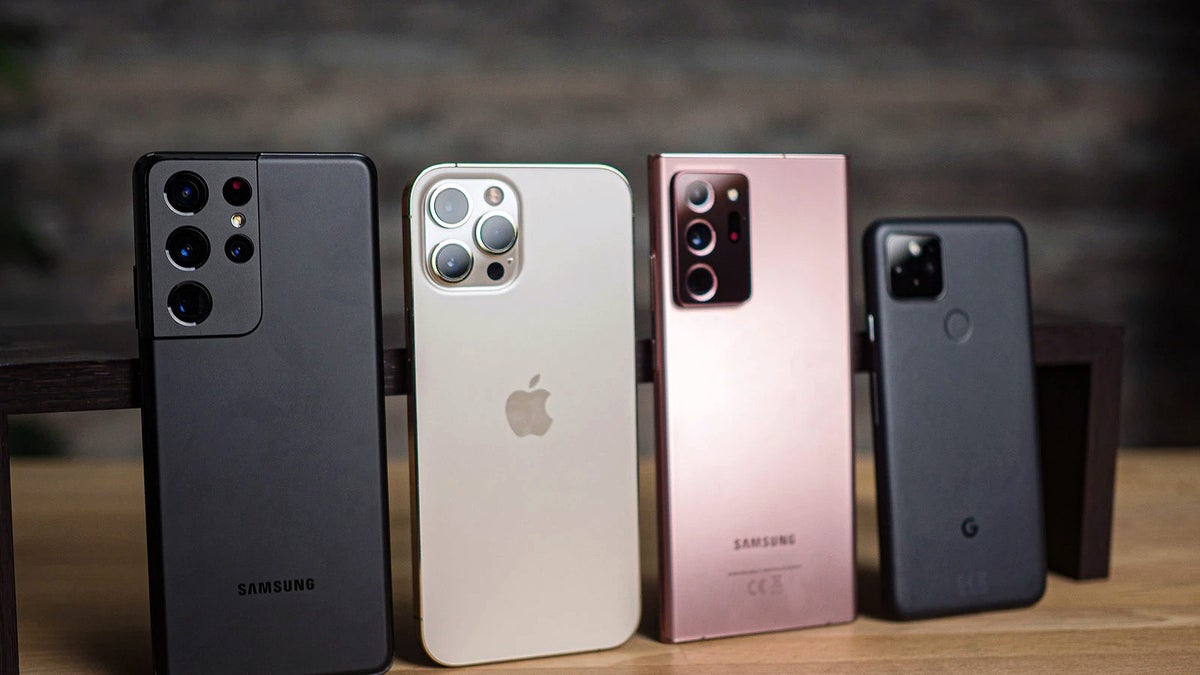
- No, median 5G network speeds are comparable to 4G ones right now, and coverage is worse; you can put off that '5G phone' upgrade for 2022.
5G vs 4G phone prices
No, it's not that anymore, and one look at our best budget 5G phones roundup will tell you why. With the Galaxy A32 5G being $282 over at Samsung, through the $799 iPhone 12, all the way to the $1199 Galaxy S21 Ultra, the 5G phone prices are no longer a factor to weigh your choice against in 2021.
T-Mobile, Verizon, and AT&T 5G network coverage
Is this a trick question? T-Mobile supposedly has the best 5G network among the big three US carriers, but that's not really saying much, given that its span relies predominantly on the slow low-band "Extended Range 5G" spectrum whose end-user advantages over 4G LTE are dubious at best. The much faster "Ultra Capacity 5G" mid- and high-bands will be fully deployed to 200 million people by 2022, so no need to worry about a 5G phone upgrade on T-Mobile before then.
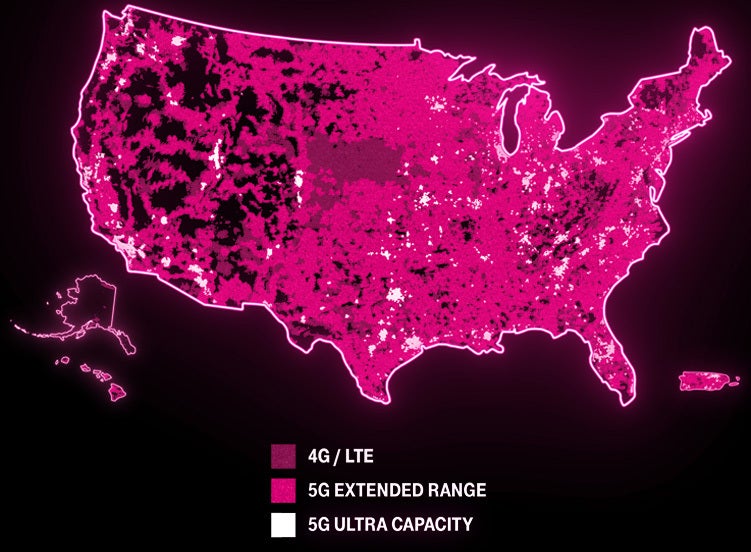
T-Mobile's 'best in the US' 5G coverage relies on slow low-band spectrum
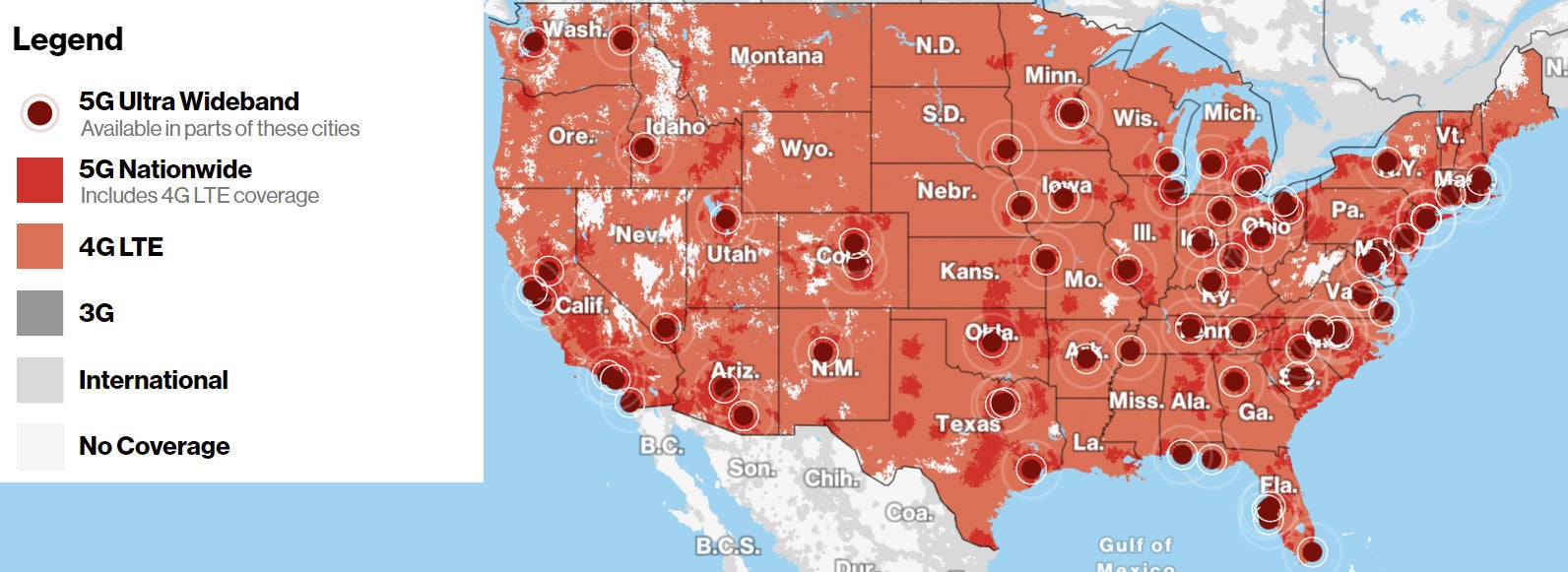
Verizon's 'nationwide 5G' is still few and far between, but its 4G network coverage takes the US carrier cake at similar speeds
AT&T also splits its 5G coverage to "Nationwide 5G" for the low bands and "5G+" for the faster mids and highs. It wants to hit a C-band 5G coverage goal of 100+ million Americans at some point in "early 2023." Until then... you guessed it... the low and slow "nationwide" dominates its current 5G coverage that reportedly blankets over 230 million people.
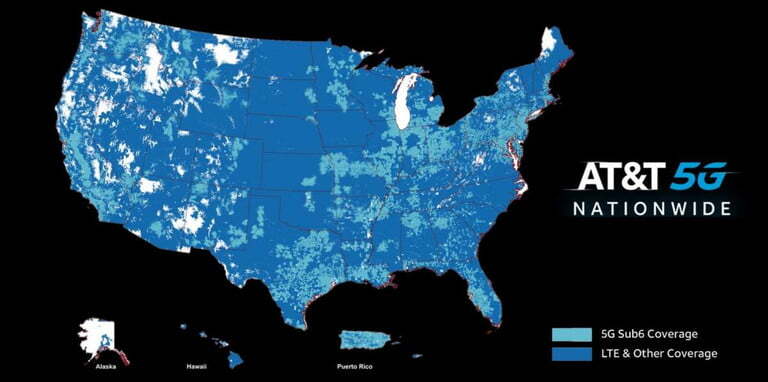
AT&T's 'nationwide' 5G coverage is on the low bands and concentrated around big metropolitan areas, just like the rest
T-Mobile, Verizon, and AT&T 5G network speeds
Again nope. The biggest 5G network advantage for the end user at the moment produces speeds that are either comparable or often worse than those that the robust 4G LTE networks of America's three largest carriers offer.
While Verizon, T-Mobile and AT&T have all won "fastest network" tests this year by different methodologies and measuring different things, the fact of the matter is that the median 5G download speeds in the US taken as a whole are nothing to write home about compared to 4G LTE speeds, while the "older" network still offers superior coverage and reliability.
At last count, T-Mobile's average 5G speeds were 58Mbps - while technically the fastest in the nation, they aren't impressive compared to the true median download speeds on a 4G LTE network, and we mustn't forget that those also include a lot of rural coverage, too. This 4G vs 5G speeds snapshot on Verizon's budding n48 bands spectrum tells you all you need to know about the current state of 5G network affairs, and what's left to consider is 4G LTE network coverage.
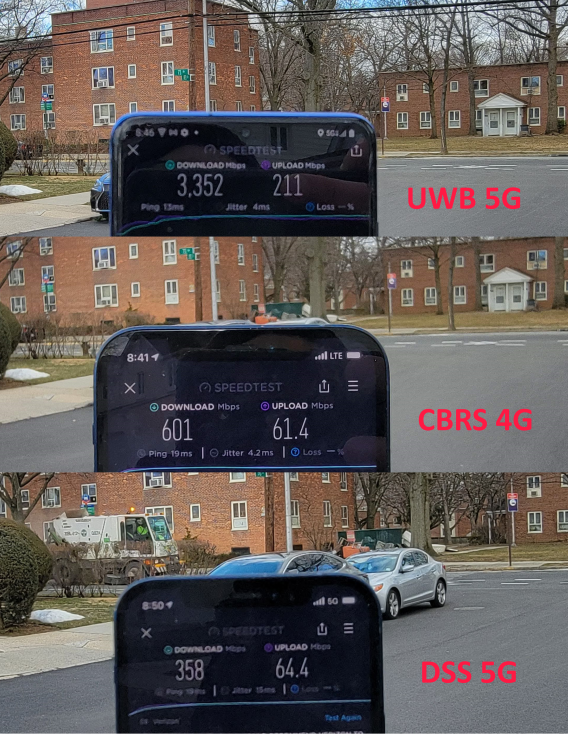
Verizon's current CBRS 4G vs 5G Ultrawide Band vs 5G DSS network technology speeds (image via PCMag.com)
Not really worth the extra drain on the battery while trying to connect to a 5G network now, is it? Even in the 2022-2023 period, those covered by 'Ultra Capacity 5G' network will see an increase in average speeds to 400Mbps, says T-Mobile, or about what Verizon is able to pull off with its 4G CBRS rollout right now, so don't worry if your phone doesn't sport a flashy 5G icon just yet.
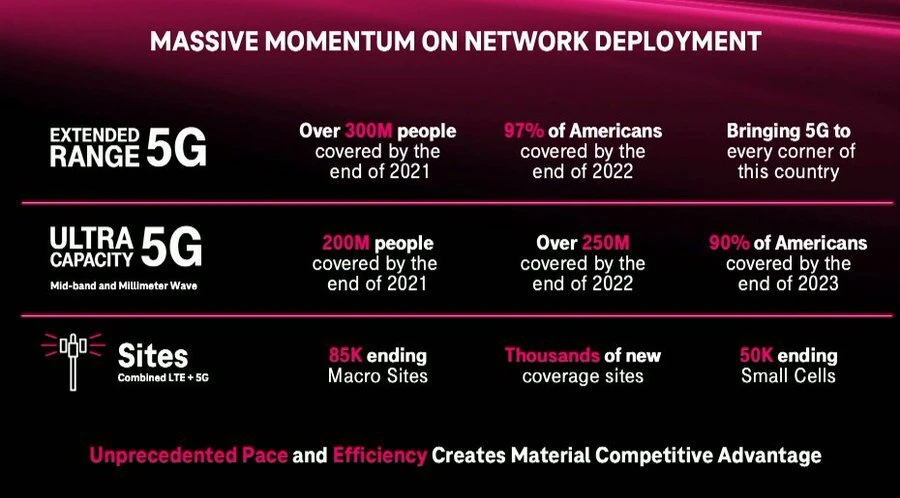
T-Mobile's fast 5G network will be fully deployed in 2023, and it's ahead of the pack
That's not to say that a glorious network future isn't just around the corner, a time when cars and fridges, phones and virtual reality platforms, will all be hooked up in one big 5G mesh with unrivaled capacity. The question, though, was whether you really need a 5G phone right now, and the answer is "nah, but maybe in 2022." Or 2023. What do you think?
Follow us on Google News



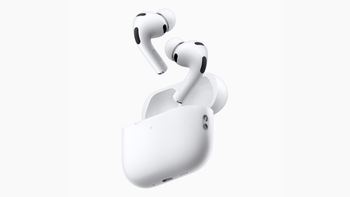
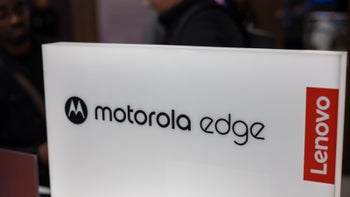
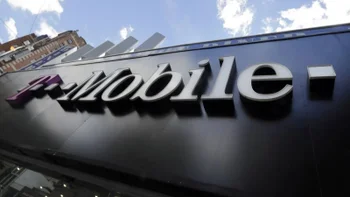
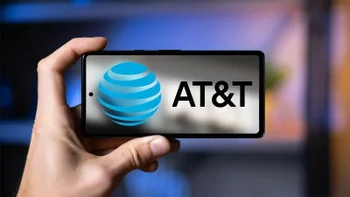
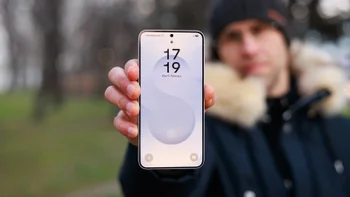
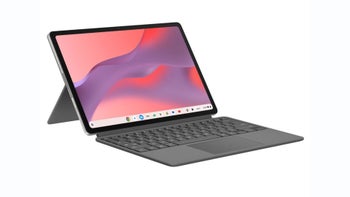
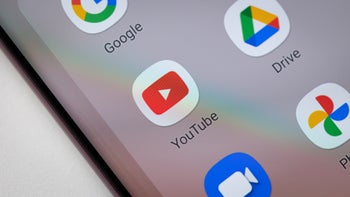
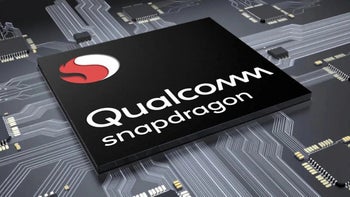
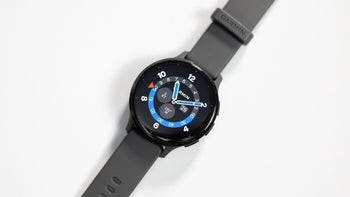
Things that are NOT allowed:
To help keep our community safe and free from spam, we apply temporary limits to newly created accounts: